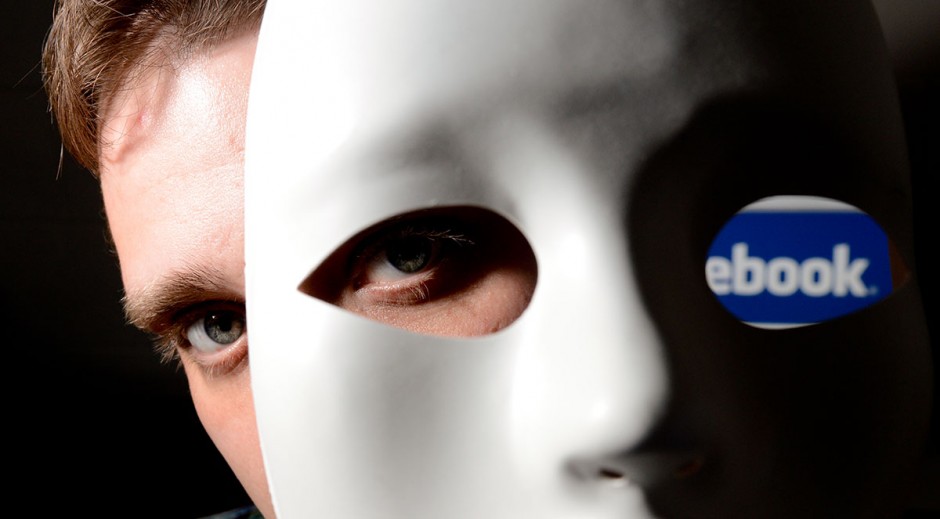I should be writing my stories right now, but instead I’m firing off a blog because I feel I owe it to you, my readers, since I’ve been lax on keeping up with regular blogging the past month.
 Have you ever noticed how different people act on the Internet? “Trolls” are one thing, since the anonymity of cyberspace allows people to behave in ways they probably wouldn’t in real life. I’m talking about how people act on social media. In most cases, there isn’t as much anonymity. However, people use sites like Facebook and Twitter not only to connect with people they know, but also to reconnect with people they haven’t seen in years. This gives them a great deal of control over their image, especially with the latter. They essentially become their own PR agents. They can omit the bad and talk only of the good; they can put spin on the bad to hide the truth; or they can use it as a public outlet for grievances.
Have you ever noticed how different people act on the Internet? “Trolls” are one thing, since the anonymity of cyberspace allows people to behave in ways they probably wouldn’t in real life. I’m talking about how people act on social media. In most cases, there isn’t as much anonymity. However, people use sites like Facebook and Twitter not only to connect with people they know, but also to reconnect with people they haven’t seen in years. This gives them a great deal of control over their image, especially with the latter. They essentially become their own PR agents. They can omit the bad and talk only of the good; they can put spin on the bad to hide the truth; or they can use it as a public outlet for grievances.
More often than not, though, people use social media to make themselves look better. How many times have you or someone you know logged into Facebook only to see another engagement or pregnancy announcement, among other such things? Many people, since they only see these positive things in Facebook feeds, assume that their friends are living far better lives than them. They don’t see the lost jobs, the break-ups, and/or the daily frustrations because those people don’t share such things. This leads to depression because, as one study puts it, the “highly idealized representations of peers on social media elicits feelings of envy and the distorted belief that others lead happier, more successful lives.” In other words, social media is a mask. It allows people to create something of a “secret identity.” They’re afraid to be honest because they want people to admire them or are afraid of criticism.
On the other hand, as I’ve learned personally, being honest on social media about what’s happening in your life can lead to backlash. Share the “wrong” thing—whether it be a political opinion, a struggle, and/or bad joke—and it will turn you into a lightning rod. You’ll be bombarded with comments from people who don’t understand you, get lectures from those who may or may not mean well, or be attacked. Internet communication lacks the nuances of interpersonal interaction, so much of the message is lost. Regardless, this leads to the above problem of only sharing the positive to play it “safe.” It’s a “damned if you do, damned if you don’t” scenario.
Honestly, I don’t what to do about this. It’s a multifaceted problem with many layers. Some of it relates to what should or shouldn’t be shared on social media, who it should be shared with, and how one reacts to what is seen on social media. There are things that can be done, such as spending less time on social media, but it’s something that must be practiced by a multitude of people, so even if you do the right thing, that doesn’t mean all your Facebook friends or Twitter followers will do the same. That’s the frustrating part.
Should you wear a social media “mask”? That’s a difficult question to answer. Personally, I’ve decided that my entire life doesn’t need to be shared on the Internet for all to see. Considering that many say whatever is put on the Internet is on there forever, it’s made me more cautious about what I share. Plus, people are entitled to their privacy. There are a lot of stories about high-profile celebrities buckling under their notoriety because everything they do is shared with the world. I don’t want that.
The only advice I can give is to use social media wisely. Decide what you’re okay with the public knowing and seeing. The rest you should keep to yourself. As mean as this may sound, most people’s lives aren’t as interesting as they might think. I don’t care what you had for lunch or that you’re at the grocery store (probably buying what you had for lunch). I have my own life to live.
And so do you.
How do you use social media? How have you dealt with “Facebook depression”? Have you changed how you conduct yourself on social media? How so?
Did you find this information helpful? If you did, consider donating.
